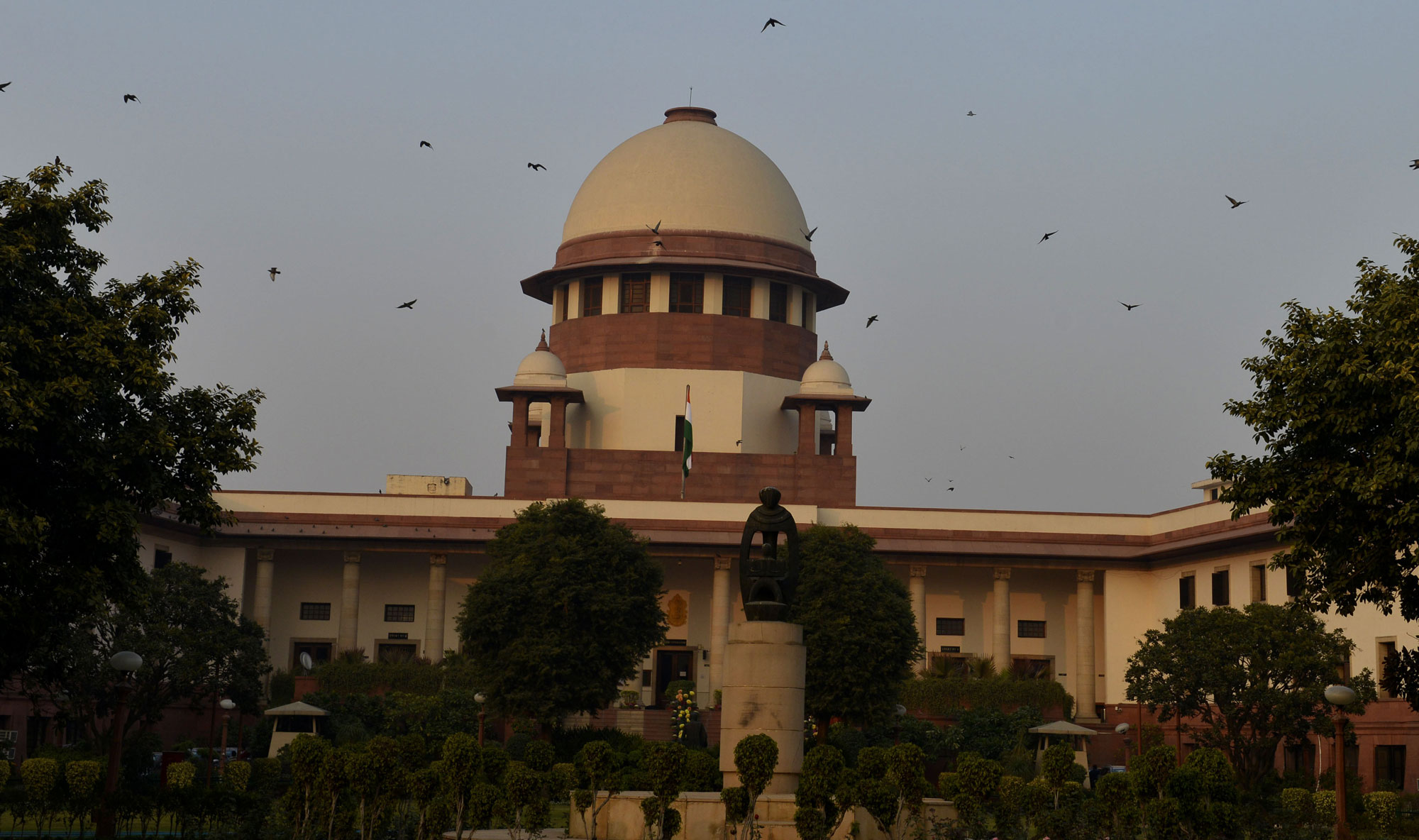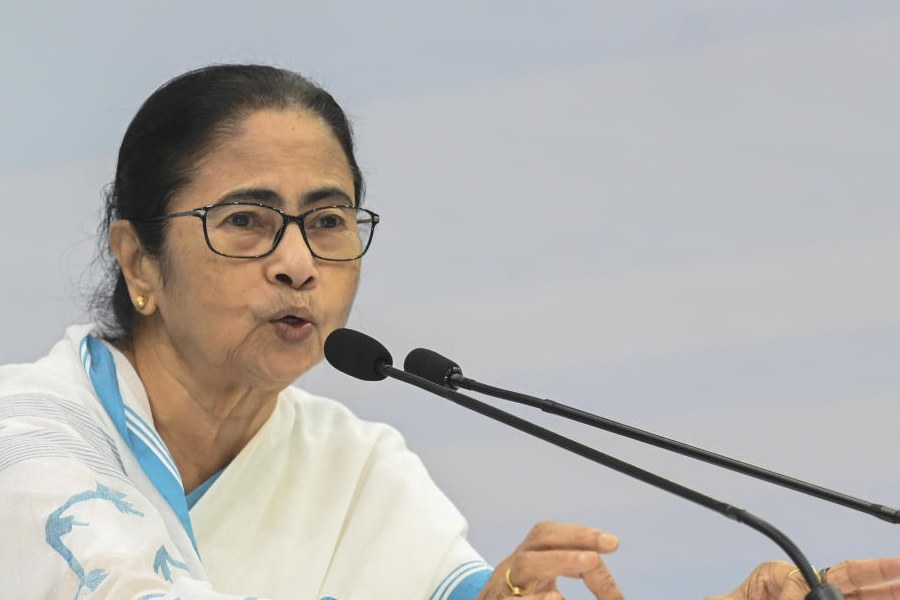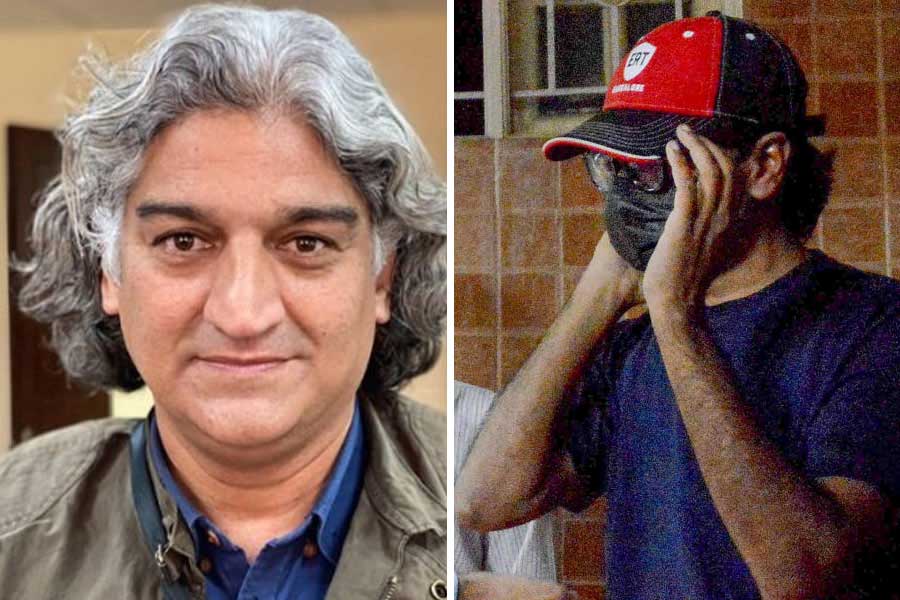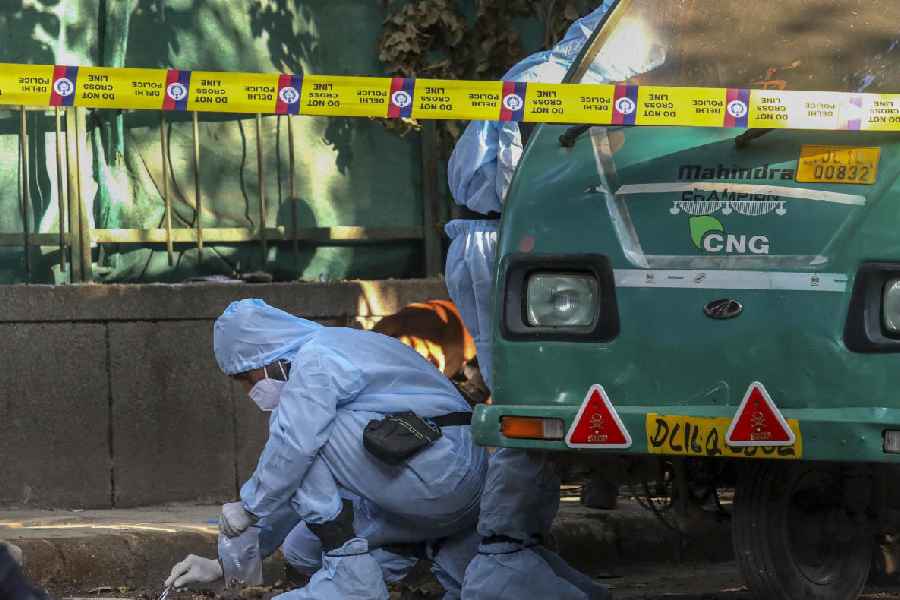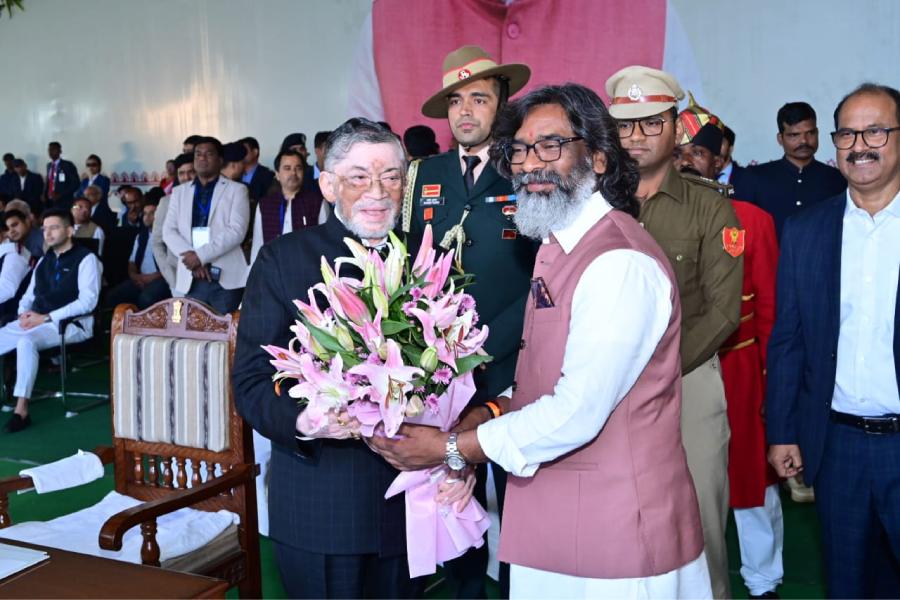Gujarat High Court’s Bar Association has moved the Supreme Court seeking a directive to the central government to appoint Justice Akil A. Kureshi as chief justice of Madhya Pradesh High Court in keeping with a resolution the top court’s collegium had passed on May 10.
The association, led by its president and senior advocate Yatin Oza, on Wednesday said the Centre had cleared the elevation of four Supreme Court and eight high court judges since May 10, but had deliberately ignored the collegium’s recommendation on Justice Kureshi.
The petition is expected to come up for hearing either on Friday or on Monday.
The Centre had on June 8 appointed Justice Ravi Shanker Jha the “acting chief justice” of Madhya Pradesh High Court, citing powers conferred by Article 223, which deals with such appointments.
It overlooked the collegium’s May 10 recommendation that Justice Kureshi was “suitable in all respects” for appointment as the high court’s chief justice.
Justice Kureshi is now a judge of Bombay High Court and the collegium had made the recommendation as the incumbent chief justice of Madhya Pradesh High Court, Justice S.K. Seth, was due to retire on June 9.
But the Centre’s June 8 notification, issued by joint secretary Rajinder Kashyap, had said: “In exercise of the powers conferred by Article 223 of the Constitution of India, the President is pleased to appoint Shri Justice Ravi Shanker Jha, senior most judge of that High Court, as acting chief justice with effect from 10th June, 2019, consequent upon the retirement of Shri Justice Sanjay Kumar Seth, Chief Justice, Madhya Pradesh High Court.”
Sources in the judiciary had indicated that under the memorandum of procedure — a set of guidelines evolved in 1998 by the collegium and the government — the Centre had the power to appoint an acting chief justice without the collegium’s approval, as it is a temporary appointment.
But since the collegium had already recommended Justice Kureshi’s elevation, the Centre had a solemn duty to comply with it.
Indications are the collegium would “reiterate” its recommendation by the first week of July for appointing Justice Kureshi as chief justice of Madhya Pradesh High Court. Once the collegium does so, the Centre has to comply.
There are also indications that Justice Kureshi is in the zone of consideration for elevation to the Supreme Court although that might take a year or so.
In its May 10 recommendation, the three-judge collegium of Chief Justice of India Ranjan Gogoi and Justices S.A. Bobde and N. V. Ramana had said: “Office of the Chief Justice of the Madhya Pradesh High Court would be falling vacant, very shortly, consequent upon retirement of Mr. Justice S.K. Seth, Chief Justice of that High Court. Therefore, appointment to that office is required to be made.
“Mr. Justice A.A. Kureshi is the senior-most Judge from Gujarat High Court and at present is functioning, on transfer, in Bombay High Court. Having regard to all relevant factors, the Collegium is of the considered view that Mr. Justice A.A. Kureshi is suitable in all respects for being appointed as Chief Justice of the Madhya Pradesh High Court. The Collegium resolves to recommend accordingly….”
Justice Kureshi is from the parent high court of Gujarat, the home state of Prime Minister Narendra Modi and home minister Amit Shah.
Last year, too, he had been overlooked for elevation — as acting chief justice of Gujarat High Court — when the court’s then chief justice, R. Subhash Reddy, was elevated to the Supreme Court.
Justice Kureshi, who was the court’s second senior-most judge, was shifted to Bombay High Court, while the third senior-most judge, Justice A.S. Dave, was elevated as acting chief justice.
Earlier this year, on May 8, the collegium had reiterated the names of Justice Aniruddha Bose, chief justice of Jharkhand High Court, and Justice A.S. Bopanna, chief justice of Gauhati High Court, for elevation to the Supreme Court, rejecting the government’s reservations.
During an earlier stand-off with the collegium last year, the Centre had delayed the elevation of Justice K.M. Joseph to the Supreme Court, but eventually acceded some six months later.
At that time there was a perception that the NDA government had delayed Justice Joseph’s elevation as the judge had quashed President’s rule in Uttarakhand in April 2016.

